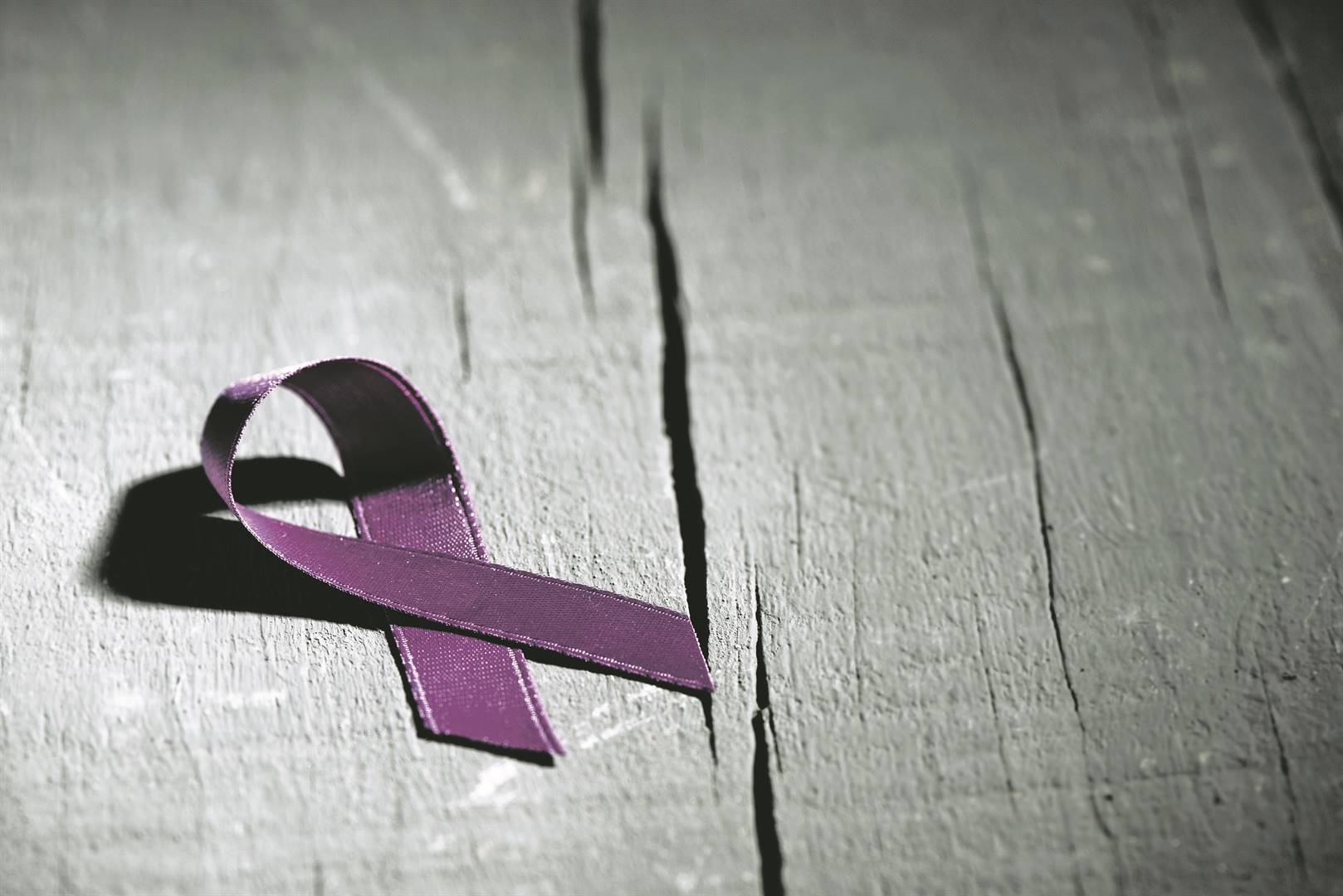
It’s heavy!
That is the only way I can describe the daunting, scary and uncomfortable task of having to ask gender-based violence survivors or the families of those who didn't survive the tragedy that is femicide to relive their horror and harrowing pain as I seek to share their stories.
While many are welcoming, it’s never easy approaching a family in mourning or a trauma survivor and asking them to open their doors to us journalists just to have them retell what probably is the most traumatic experience of their lives. Those I have spoken to are heartbroken, angry and vengeful, too.
READ: Violence against women and the future of the past
It is sad to note that this year alone, at least seven families and individuals have allowed me into their spaces and lives. They opened up about losing loved ones and having survived gender-based violence and attempted murder by their male partners.
It’s never an easy conversation to have, let alone one I ever forget. Ask me about any of them right now, and I will tell you exactly how each conversation went.
Over and beyond the expected and understandable pain from each one, there are two other things they all had in common: anger and tears.
More often than not, I could not stop myself from feeling the former, but I always had to ensure that the latter did not run down my cheeks.
The drive back home is always a conversation between two emotional colleagues. Feeling overwhelmed and angry, we know always that, unfortunately, sooner rather than later, “we will cover yet another one”.
We talk about it at length.
Her name, Lebogang Vinolia Monene. A loving nurse who in February was shot and killed by her partner, a police officer, in the parking lot of her workplace.
That is how this year began - with a visit to a heartbroken, grieving family that had just lost a beloved. And here we were asking them to sit down and talk to us, not just about her, but about the very man who had taken Lebogang's life.
READ: Murdered nurse 'a loving soul'
As much as they oblige, as a journalist, having carried my work out just a day after her death, the feeling of insensitivity overwhelmed me.
And like clockwork, just a few months later, I would find myself back in Limpopo, Polokwane, to be exact.
This time, I spoke to a mother who had lost her daughter at the hands of an ex-boyfriend. She too had been shot in the head, in broad daylight, where this man left her lifeless body slumped over her lunch.
READ: Waiting for justice | Man to stand trial for murder of his ex almost two years later
As much as I am not a big crier, this must have been the most I have ever had to hold back tears during an interview. Ever!
The mother’s uncontrollable cries coupled with her visible anger were enough to force one to end the interview almost immediately. It took a lot not to.
As I sat there listening to her, I wondered, “will she be okay, once we leave?” Her uncontrollable sobs as she gasped for air were all I could think about on the three-hour drive back. Why did this one hit me so hard? I'm at a loss.
This is an epidemic, and with each visit to a new family or the latest survivor, I realise it’s getting worse.
Nonetheless, these must be reported on.
Maybe it's time we speak with these men, take them to task and ask them: why?




 Publications
Publications
 Partners
Partners









